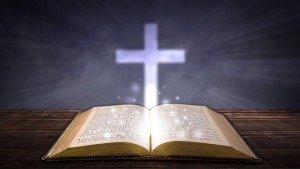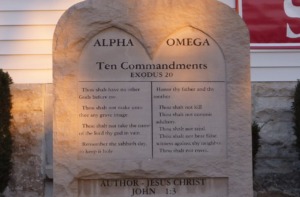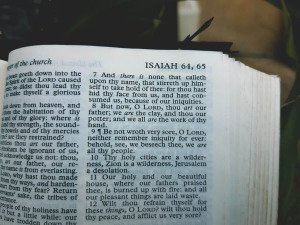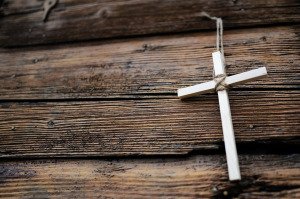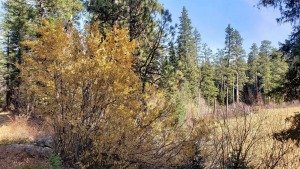June 1842 - Joseph Smith (Age: 36) married Eliza R. Snow (Age: 38).
"In her youth, Eliza’s talent as poet was evident. Still in her early twenties, she published poetry in local magazines and newspapers, winning awards for her work. In 1828, twenty-four year old Eliza joined Alexander Campbell’s Christian primitivist movement, and would later join Mormonism. Wanting to be near others of her new faith, Eliza moved to Kirtland in December of 1835." (In Sacred Loneliness: The Plural Wives of Joseph Smith pgs 308,309)
"Upon her arrival in Kirtland, Eliza donated a large sum of money to the in progress temple project. In appreciation, the building committee insisted that she take “a very valuable [lot]-situated near the Temple, with a fruit tree-an excellent spring of water, and house that accommodated two families.” Eliza was already boarding at the home of Joseph Smith, so her older sister Leonora lived in one half; renters in the other half." (In Sacred Loneliness: The Plural Wives of Joseph Smith pg 309)
"In 1838 Eliza, relocated to Missouri, and then Illinois. In 1842 Emma Smith selected her to be Secretary of the newly organized, “Female Relief Society”. Eliza remembers it was about this time she “first understood that the practice of plurality was to be introduced into the church. The subject was very repugnant to my feelings...I consoled myself with the idea that it was far in the distance and beyond the period of my mortal existence.” However, a few months later, on June 29, 1842, Eliza married Joseph Smith. She wrote, “I was sealed to the Prophet Joseph Smith, for time and eternity, in accordance with the Celestial Law of Marriage which God has revealed”. Eliza fondly wrote of Joseph, “my beloved husband, the choice of my heart and the crown of my life.”" (In Sacred Loneliness: The Plural Wives of Joseph Smith pgs 310–313; Mormon Enigma: Emma Hale Smith pgs 119,120; Mormon Polygamy: A History pg 31)
"It is uncertain when Joseph’s first wife, Emma, became aware of his marriage to Eliza. In any case on August 14 Eliza wrote, “Yesterday Mrs. Smith sent for me, having previously given me the offer of a home in her house...This...I trust is for good.” Eliza soon moved in with the Smith’s, schooling the Smith children, and performing other duties. She recalls, “I was entirely governed by the wishes of Prest. and Mrs. Smith, I desire and aim to be submissive to the requirements of those whom [God] has place’d in authority over me.”" (In Sacred Loneliness: The Plural Wives of Joseph Smith pgs 313,314; Mormon Enigma: Emma Hale Smith pgs 122,133)
"A week later Eliza revealed in poem her own anxious feelings about these recent events:
[We are] apt to conclude, from the medly of things; We’ve got into a jumble of late-a deep intricate puzzle, a tangle of strings, that no possible scheme can make straight.
From the midst of confusion can harmony flow? Or can peace from distraction come forth? From out of corruption, integrity grow? Or can vice unto virtue give birth?
Will the righteous come forth with their garments unstained? With their hearts unpolluted with sin? O, yes; Zion, thy honor will be sustained. And the glory of God usher’d in." (Mormon Enigma: Emma Hale Smith pg 120)
"Eliza stayed in the Smith home for six months, until February 11, 1843, when she wrote in her diary: “Took board and had my lodging removed to the residence of br. Holmes.”. Several acquaintances of Eliza spoke of Emma discovering Eliza’s relationship with Joseph, leading to her departure." (In Sacred Loneliness: The Plural Wives of Joseph Smith pgs 314–316; Mormon Enigma: Emma Hale Smith pgs 134–137; Mormon Polygamy: A History pg 52)
"When Joseph Smith was killed in 1844, Eliza was overcome with grief, even praying that she might also die and be reunited with her husband. She said that Joseph appeared to her in a vision and “told her that his work upon earth was complete...but hers was not; ...she must be of good courage and help to cheer, and lighten the burdens of others.” Eliza later married Brigham Young, and continued to influence others with her poetic talents. In 1845, she wrote the words to the, now popular, Mormon hymn, “O My Father.”" (In Sacred Loneliness: The Plural Wives of Joseph Smith pgs 306,316)
Source Material: http://wivesofjosephsmith.org/15-ElizaRSnow.htm

